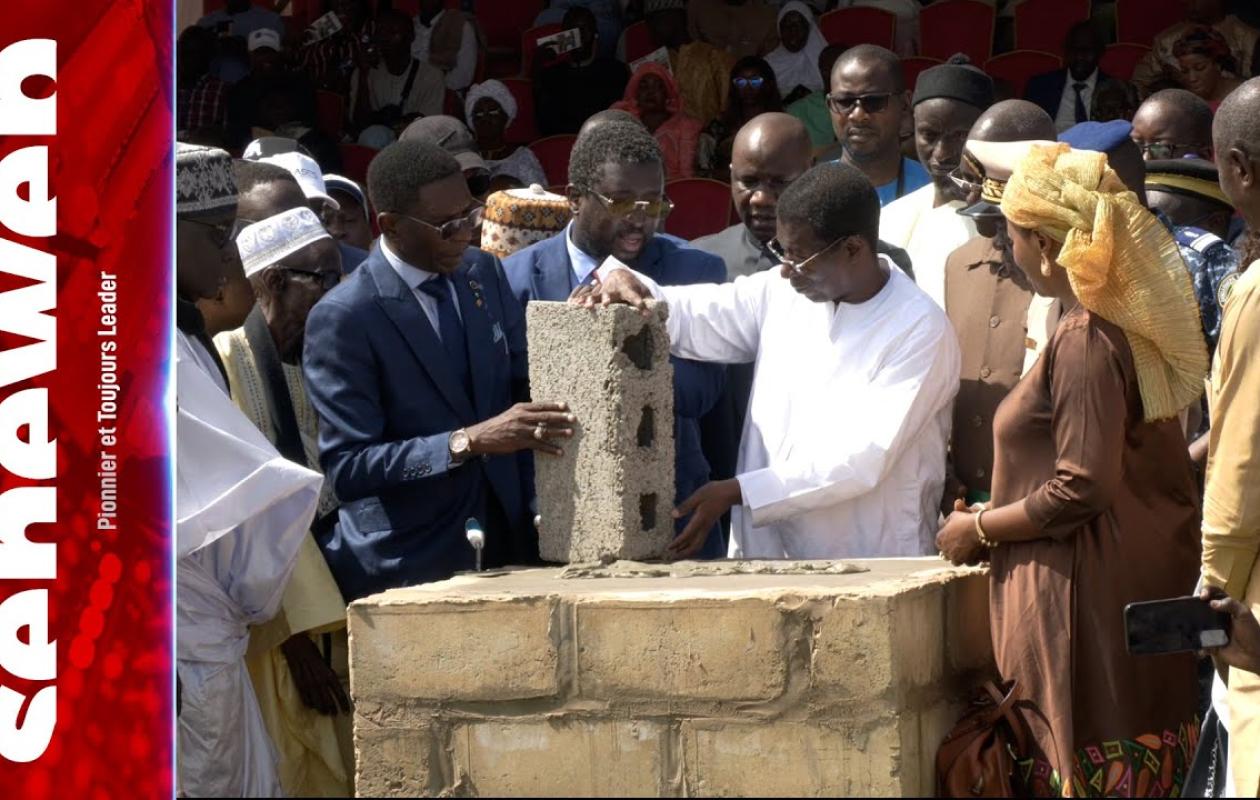
Khombole, nouvelle fenêtre africaine sur les étoiles
On November 13, 2025, Senegal launched the construction of its first astronomical observatory in Khombole, under the leadership of the Senegalese Agency for Space Studies (ASES). This infrastructure marks a decisive step in the country's scientific and technological ambitions. It goes beyond simply observing the sky: it combines fundamental research, specialized training, and international cooperation.
Equipped with a 600 mm main telescope and four remotely operated C14 telescopes, the observatory will also house a training institute for astronomy and astrophysics, as well as modern laboratories. This equipment will enable Senegalese researchers to conduct world-class research programs and attract strategic collaborations with African and global institutions.
Scientific primacy and international openness
By providing access to the African sky for local and international teams, the observatory helps reduce dependence on external scientific infrastructure. It is part of a strategy for scientific and technological sovereignty, while also enhancing Senegal's visibility within global research networks. Partnerships with the International Astronomical Union and other specialized organizations ensure rapid integration into celestial mapping, astrophysics, and deep-space observation programs.
A socio-economic and educational lever
Beyond research, the observatory aims to stimulate scientific vocations among young people and encourage STEM (Science, Technology, Engineering, and Mathematics) fields of study. It aspires to create an innovation ecosystem around astronomy and space technologies, capable of generating skilled jobs and strengthening the country's competitiveness in cutting-edge sciences.
A regional center of excellence
The Khombole Observatory, the first infrastructure of its kind in West Africa, positions Senegal as a major player in space science on the continent. It becomes an instrument of scientific soft power, capable of uniting regional collaborative projects and attracting international funding. Through this project, Senegal affirms its commitment to combining technological self-determination, academic influence, and international cooperation.
Commentaires (0)
Participer à la Discussion
Règles de la communauté :
💡 Astuce : Utilisez des emojis depuis votre téléphone ou le module emoji ci-dessous. Cliquez sur GIF pour ajouter un GIF animé. Collez un lien X/Twitter, TikTok ou Instagram pour l'afficher automatiquement.